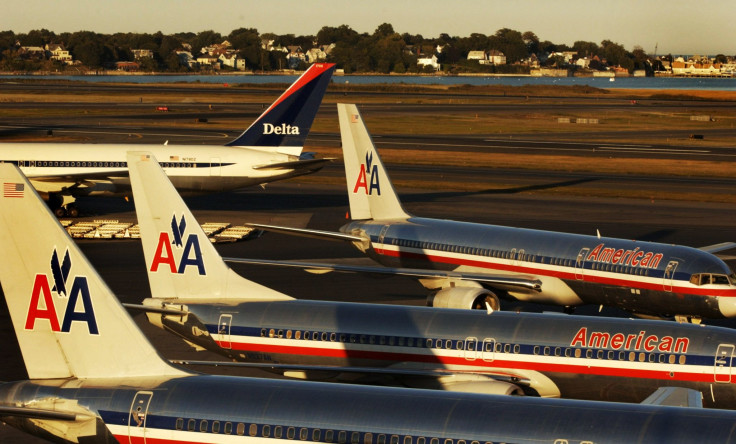Basic Economy Passenger Face Extra Fees For Carry-Ons

Update: Thursday, Sept. 14 at 4:08 p.m. EDT — The original story now includes responses from both airline carriers.
Original Story:
Basic economy passengers on American and United Airlines should measure their carry-on luggage carefully. If it’s too big to fit under the seat, passengers may be hit with service fees of $50 or more.
Most basic economy seats do not come with the option of having a bag in the overhead compartment. If a passenger doesn’t realize this rule or tries to get around it, they could wind up paying more in fees than they saved by getting the cheaper ticket. Carry-ons too large to fit under the seat are subject to the standard bag checking fee of $25 and then on top of that hit with a $25 fee if they wait to check the bag at that gate instead of the desk. Both companies rolled out the fees early this year.
American calls their charge a gate-service fee, while United calls theirs a gate-handling charge. American and United don’t entitle their basic economy passengers to the typical two carry-on bag allotment of one overhead and one underneath bag. Delta, on the other hand, does.
Fees could go even higher if the unplanned bag is the second bag checked. United charges $35 for the second checked bag.
American Airlines spokesman Josh Freed told International Business Times over the phone that the fee is made clear through the process and that passengers can go back and check their bags at the desk if time allows to avoid the gate charge fee.
“We do everything we can to make sure customers do not reach the gate with a bag that needs to be gate-checked,” United spokeswoman Maggie Schmerin told the Wall Street Journal Wednesday.
Both companies told IBT that the bag policy is made clear when passengers purchase the tickets.
United has said that the practice of not giving basic economy passengers overhead bin space streamlines departures because gate agents aren’t tagging and checking as many bags.
American’s reasoning for the additional fee is to ensure passengers check the bag before it gets to the gate.
Fees and charges are now a very integral part of air travel. Many major airlines started using baggage fees in 2008. Domestic flight change fees are now typically $200.
Last year, U.S. air carriers earned $4.2 billion in baggage fees and $2.9 billion in ticket change and cancellation fees, according to the Bureau of Transportation Statistics. That over $7 billion represents more than half of airlines profits in 2016.
Airlines charge fees for a variety of other services, including pets, unaccompanied minors and booking flights over the phone or in person. Coach passengers also face ever-shrinking seats.
© Copyright IBTimes 2024. All rights reserved.




















